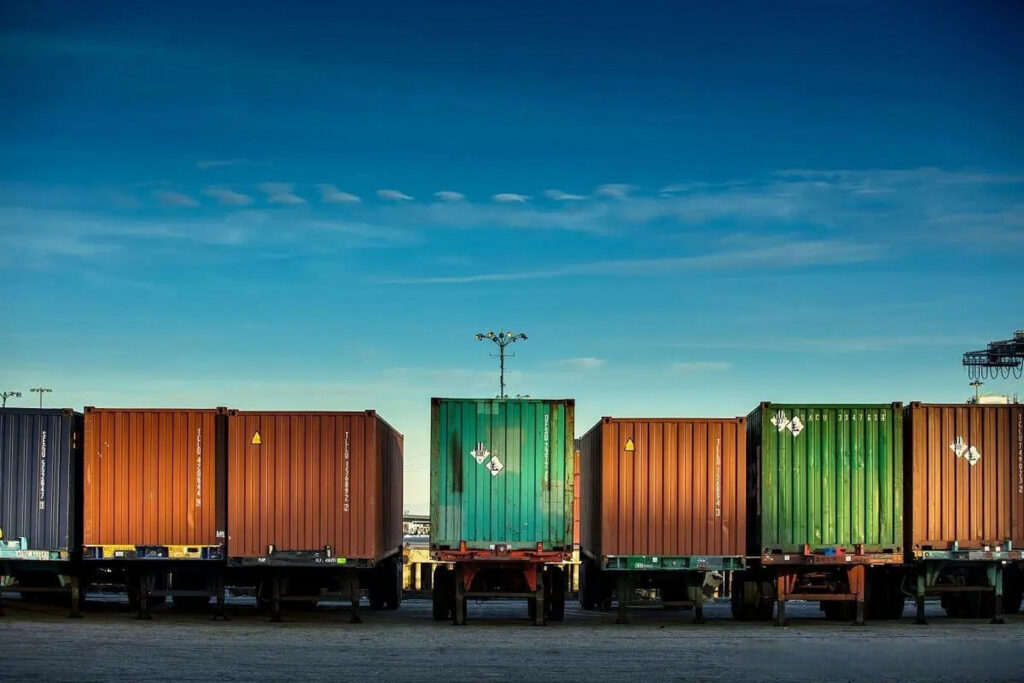- By TOP CHINA FREIGHT
- July 21, 2025
- Shipping
Importing toys from China to Canada offers tremendous business opportunities for wholesalers, retailers, and e-commerce sellers. China is the world’s largest manufacturer of toys, offering a wide variety of products at competitive prices. However, toy importing is a regulated industry in Canada, requiring careful attention to safety standards, customs procedures, and logistics.
In this guide, we cover everything you need to know to import toys from China to Canada smoothly and legally.

Why Import Toys from China?
| Reason | Explanation |
|---|---|
| Cost-Effective | Chinese toy manufacturers offer competitive pricing and bulk discounts. |
| Wide Selection | Access to thousands of toys including educational, electronic, plush, plastic, and wooden toys. |
| Manufacturing Expertise | Decades of experience in mass production and OEM/ODM services. |
| Flexible MOQ | Low minimum order quantities (MOQs) available, ideal for small businesses. |
Step-by-Step Process of Importing Toys to Canada
1. Identify High-Quality Suppliers
Use platforms like:
- Alibaba
- Made-in-China
- Global Sources
Tip: Verify supplier certifications and ask for samples.
2. Check Canadian Toy Safety Regulations
Toys must comply with:
- Canada Consumer Product Safety Act (CCPSA)
- Toys Regulations (SOR/2011-17)
- Phthalates Regulations
- Lead content limits
You may need to:
- Perform lab testing
- Request safety certificates (e.g. EN71, ASTM F963)
3. Labeling Requirements
Ensure your toys have:
- English and French labeling
- Manufacturer/importer information
- Safety warnings (choking hazard, age grade, etc.)
4. Choose the Right Shipping Method
| Method | Transit Time | Best For | Cost |
|---|---|---|---|
| Sea Freight | 25–35 days | Large or bulky orders | Low |
| Air Freight | 5–10 days | Urgent or small shipments | Medium |
| Courier (DHL/UPS/FedEx) | 3–7 days | Samples or small orders | High |
Main Canadian ports: Vancouver, Montreal, Toronto
5. Understand Import Duties and Taxes
- HS Code for toys: Usually under Chapter 95
- Duties: Vary depending on the product (generally 0%–8%)
- GST/HST: 5% federal GST + provincial taxes
- Customs clearance: Hire a licensed customs broker for smooth processing
6. Work with a Freight Forwarder
A reliable freight forwarder can help you:
- Choose the best shipping route
- Consolidate cargo
- Handle customs paperwork
- Ensure timely delivery
Common Challenges to Avoid
| Challenge | How to Avoid |
|---|---|
| Non-compliant products | Request lab testing and certifications from suppliers |
| Delays at customs | Use an experienced customs broker |
| Unclear labeling | Follow bilingual labeling rules strictly |
| Overpaying on shipping | Compare freight quotes and optimize shipping volume |
Final Tips for Successful Toy Importing
- Always ask for product samples and certifications
- Ensure all toys are labelled correctly in English and French
- Consider insurance for high-value shipments
- Partner with a trusted freight forwarder who understands Canadian regulations
Conclusion
Importing toys from China to Canada is a profitable venture if you navigate the process carefully. Focus on compliance, quality assurance, and efficient logistics to ensure your business runs smoothly and stays competitive.
If you need help with shipping or customs clearance, consider working with a freight forwarder experienced in China–Canada routes.
Need a Shipping Quote?
Click below to get a free, no-obligation quote from TJ China Freight.
We’ll respond within 24 hours with the best shipping options for your cargo.
FAQ:
Q1: Do toys imported from China need to be tested in Canada?
No, but they must comply with Canadian regulations. Testing by a certified lab is highly recommended.
Q2: Can I use Alibaba suppliers for Canadian imports?
Yes, but choose Gold Suppliers and verify their ability to meet Canadian safety standards.
Q3: What licenses do I need to import toys into Canada?
There’s no special toy import license, but you must register for a Business Number (BN) and Import/Export Program Account with the CRA.
Q4: How do I check if my toys are safe?
Send samples to a certified lab for compliance testing (e.g. lead, phthalates, mechanical hazards).
Q5:Do I have to pay import tax from China to Canada?
Yes. When importing toys from China, you are responsible for paying applicable import duties and taxes. These include:
- Import duties (usually 0%–8%, depending on the HS code)
- GST (Goods and Services Tax): 5% on most goods
- Provincial taxes (PST/HST) depending on your location
You must also pay any customs broker fees or inspection costs, if applicable.
